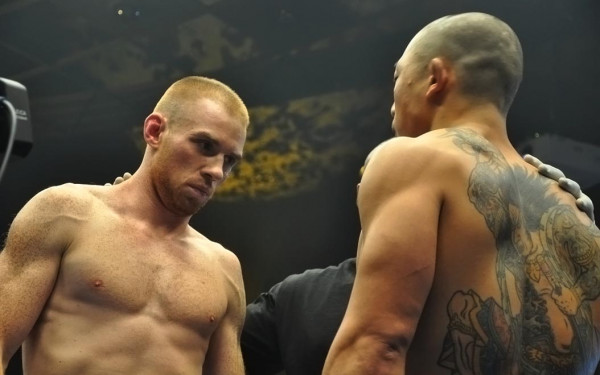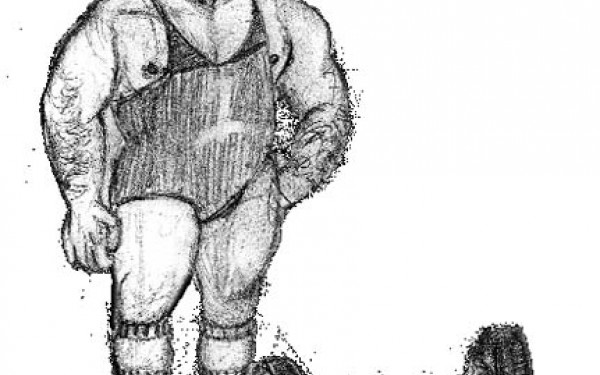Rook Of The Year
Is It Time For Chess to Be Considered a Sport?
Being one of the world’s oldest games, chess has captured the imagination and intrigue of everyone from great kings and generals to students and common vagabonds across the globe for almost two millennia.
The western variant of chess that we know today was inherited in the 6th Century from an ancient Indian game of a similar structure. Back then it was known as Shantranj and the game travelled throughout the Middle East and Europe for about 1,000 years before the rules we know today began to take shape.
The establishment of FIDE (Fédération International des Échecs) in the 1920s led to the flourishing of international tournament play and the standardization of player ranking systems. These developments have brought chess to an even greater number of people through clubs, cafés and social networks worldwide.
Because of its tactical complexity and fundamental initial equality, both positionally and materially, the great game of chess has long been seen as the benchmark for strategic competition and is often used as a reference in many of today’s various sports and games. But is chess really a sport? Or is it just the nearest human effort to a materialization of competitive strategic theory?
If you know the capabilities of both yourself and your opponent, and are aware of the lay of the land, can all permutations be accounted for? Can victory be ensured? Are these not the basic questions that any tactician and sports team manager asks themselves and their players?
Think of those magnet board diagrams used by your soccer coach, of the tactical menus in the latest NFL video game, and of the endless doodles depicting match play that are the subject of debate amongst sports enthusiasts worldwide. Do these all not have something in common with the chessboard, with its pieces equally arranged about a plane, with arrows and dots swirling in the mind’s eye of the competitors?
An excellent illustration of this familiar thought process can be found online at the Thinking Machine, a visual chess engine that draws out its thought patterns in swirls of fluorescent colour, leaving the human player wishing they’d done more homework.
In all sports, the physical side of affairs is a given; you’ve got to be, well, harder, better, faster and stronger. In chess, you’ve got to have fingers (or at the very least a working brain). What really sets apart the greatest sportsmen and teams is the mental game. It is in this department that chess takes things to the next level, whereby every movement is a confident expression of a mental pathway.
It is perhaps most comparable to tennis, where at any point in the match, a series of bad moves can be your undoing no matter how far ahead you think you are. Clearly some people at the International Olympic Committee agree, because chess is actually a recognized Olympic sport, but it is unclear whether it will ever appear at the Games due to the nebulous line between amateur and professional players.
Can’t wait for Olympic chess just yet? Montreal has a good deal of places both inside and out where chess players can gather. Check out the public parks around the city such as Kent Park, Parc Jeanne Mance, and Parc Lafontaine. Weather and resources permitting, you can sometimes find those novelty life-sized chess sets. A more popular option may be the benches where people bring their own boards, pieces and time clocks.
Another great spot is Cafe Pi, located at 4127 St. Laurent Blvd., where clock rentals are $2 for the day, boards and pieces are free, and they even serve beer. Pi’s been a busy spot for casual chess for some time, and tournaments are held there every month.
Closer to campus is the Concordia Chess Club, which offers tournaments, casual play, and lots of useful information about the game and connecting with the chess community.
For those interested in online play, the Free Internet Chess Server has everything you need to get yourself going. Another great online resource for improving your game is the video series on YouTube by vlogger “jrobichess. ” A simple search will get you started with lessons on openings, tactics, endgames and more.
You can visit the Concordia Chess Club at chess.concordia.ca/

__900_601_90.jpg)


__600_375_90_s_c1.jpg)
__600_375_90_s_c1.jpg)

